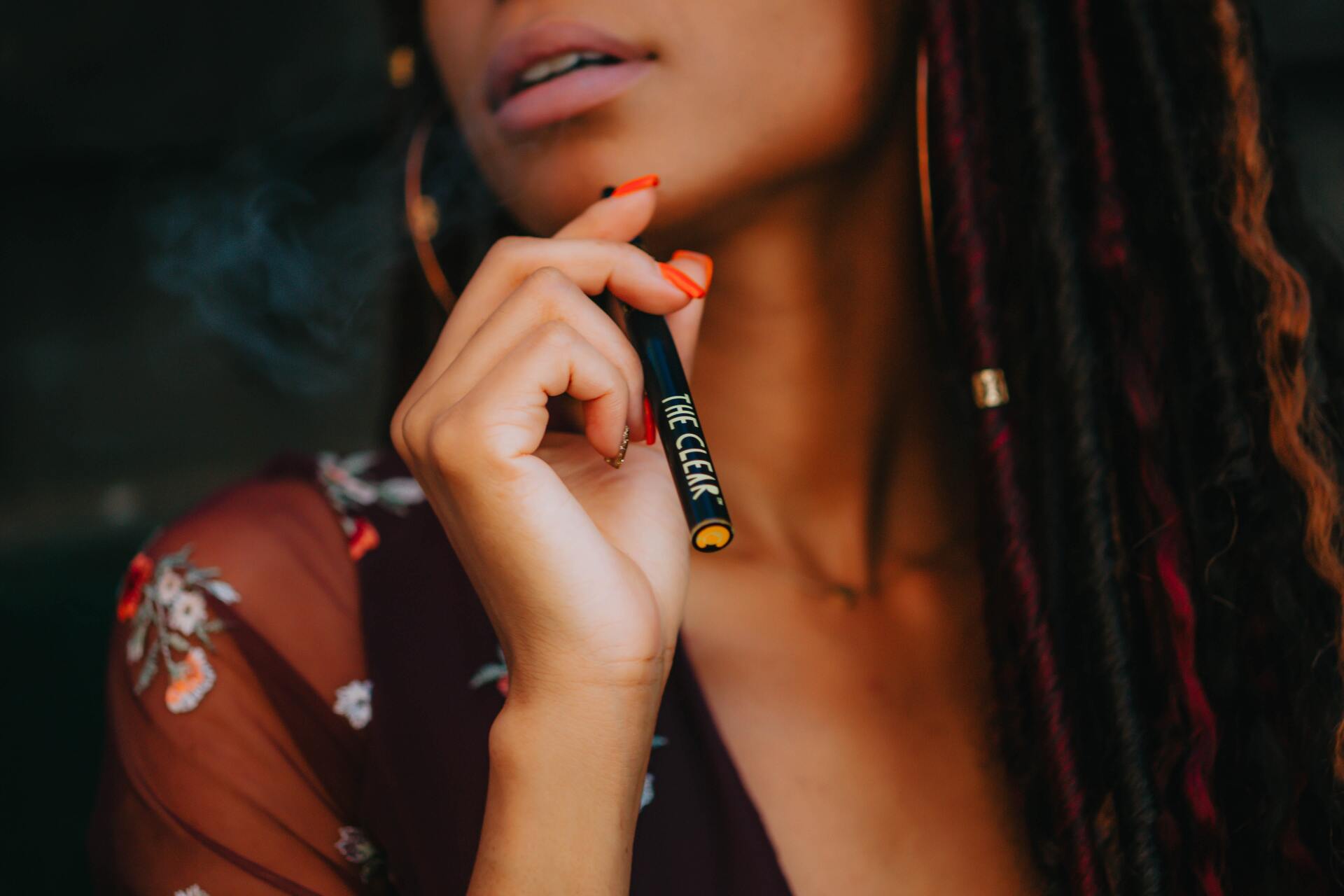
In the era of social media dominance, platforms like Facebook, Instagram, Twitter, and TikTok have become vital communication channels. However, these platforms have implemented restrictions on marijuana-related content, leaving many individuals puzzled about the reasons behind such limitations. This article aims to shed light on the social media restrictions on marijuana posts, helping the public gain a better understanding of the challenges faced by these platforms.
1. Legal Compliance:
One of the primary reasons for social media restrictions on marijuana posts is the need for platforms to comply with federal, state, and international laws. Despite the legalization of marijuana in certain jurisdictions, it remains illegal at the federal level in many countries. Social media platforms, as global entities, must adhere to these legal frameworks and avoid facilitating the promotion of illegal activities.
2. Protecting Users, Including Minors:
Platforms have a responsibility to maintain a safe and appropriate online environment, particularly when it comes to protecting vulnerable users such as minors. Restricting marijuana-related content helps platforms mitigate potential harm and ensures compliance with community guidelines and content policies.
3. Advertising Regulations:
Social media platforms often have strict guidelines for advertising cannabis-related products or services. These guidelines typically require businesses to comply with specific regulations, obtain licenses, or meet certain criteria to run paid advertisements related to marijuana. These restrictions aim to prevent misleading or inappropriate advertising practices.
4. Preventing Illicit Activities:
By restricting marijuana-related content, social media platforms aim to prevent the promotion of illegal activities, such as the sale of illicit drugs or unlicensed marijuana products. These restrictions help prevent the proliferation of unregulated and potentially harmful substances within the digital space.
5. Maintaining Brand Image:
Social media platforms have their own brand image and reputation to uphold. By implementing restrictions on marijuana-related content, they aim to shape their platforms in a way that aligns with their values and maintains a certain level of professionalism and acceptability in the eyes of their users and advertisers.
6. Compliance with Advertiser Expectations:
Advertisers on social media platforms often have specific expectations and requirements regarding the types of content that can be associated with their brand. To maintain good relationships with advertisers and attract a wide range of businesses, platforms need to ensure that their content aligns with these expectations.
Conclusion:
Social media restrictions on marijuana-related content are primarily driven by legal compliance, the need to protect users (including minors), advertising regulations, prevention of illicit activities, and the maintenance of brand image. These restrictions aim to create a safe and appropriate online environment while adhering to local and international laws. Understanding the rationale behind these restrictions can help the public better navigate the social media landscape and engage responsibly with marijuana-related content. As the legal and societal landscape surrounding marijuana continues to evolve, it is essential for social media platforms to revisit and refine their policies to strike a balance between freedom of expression and responsible content dissemination.
READ MORE ARTICLES





